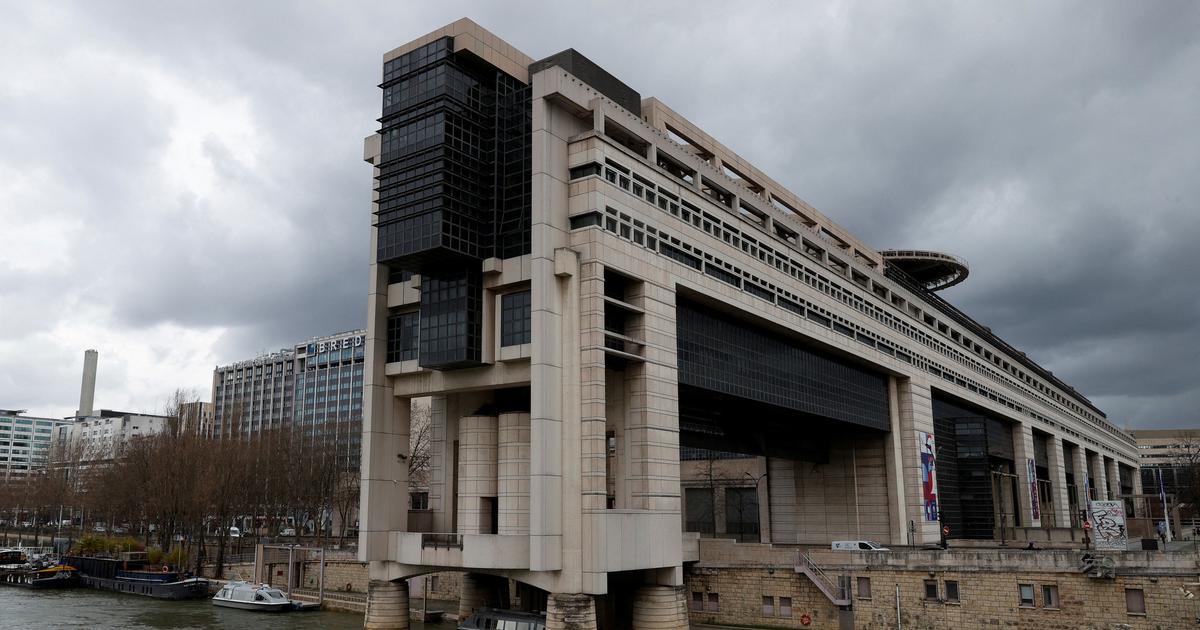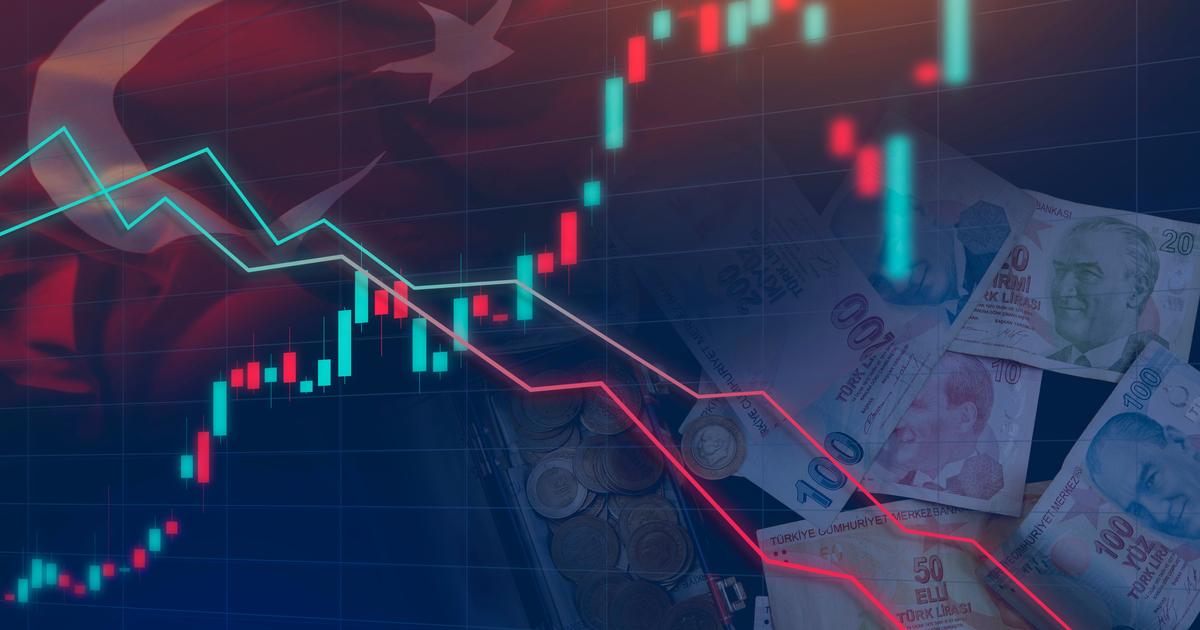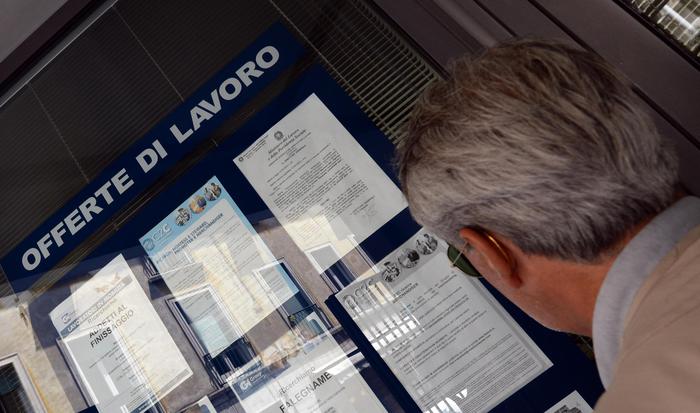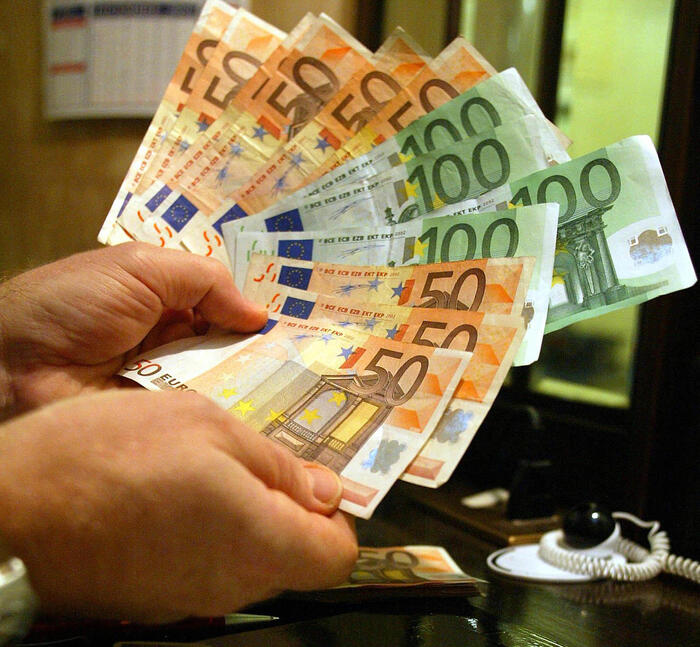The billions of euros released by the government are bearing fruit.
According to the economic update presented this Wednesday by the National Institute of Statistics and Economic Studies (Insee), the purchasing power of the French is resisting the surge in prices in a context where growth should be established this year. at 2.6%.
Over the whole of 2022, this purchasing power should fall by 0.5% compared to 2021. A reduction which remains significant but less than what the surge in prices, in particular those of energy, left foresee.
Especially since at the start of the year, it had fallen sharply.
Respectively 1.8% in the first quarter and 1.2% in the second quarter.
For the last semester, the INSEE envisages on the contrary a significant rebound.
A change due to the shock absorbers put in place this summer by the government through the purchasing power law.
In its note, INSEE lists, pell-mell, the impact on the "dynamism of wages" of the "revaluation of the Smic which took place on August 1, that of the index point for civil servants and the bonus of value sharing (PPV) which succeeds the exceptional bonus of purchasing power".
In addition, there is also the 4% increase on July 1 of many social benefits and the exceptional back-to-school bonus.
Lower incomes more exposed
But be careful not to embellish the situation too much: “It's an average, tempers Anne-Sophie Alsif, chief economist at the consulting firm BDO France.
Between two households, there can be big differences.
When basic necessities such as energy and food increase, the impact is greater for those on low incomes”.
Especially since inflation remains high.
After a slight decline in August - 5.8% instead of 6.1% in July due to a drop in oil prices - it should reach 6.5% in December, fueled by the continued rise in oil prices. 'feed.
INSEE also estimates that food items will be the main contributor to inflation ahead of energy.
Inflation which nevertheless remains lower than our European neighbours.
Thanks in particular to the price shield on electricity and gas prices, but also to discounts at the pump.
Still according to INSEE, these measures helped to reduce headline inflation by around 2.5 points in September.
It is an understatement to say that the content of the new energy shield for 2023, which must be detailed during the presentation of the finance bill (PLF), is eagerly awaited.
The government has already warned that for the majority of French people it would not cover all the increases in electricity and gas prices.
If the most modest households would be better protected, for the others the bill could increase between 10% and 20%.
In any case, for 2023, purchasing power should still increase by around 1%.
All with fairly sluggish growth of around 1%.














